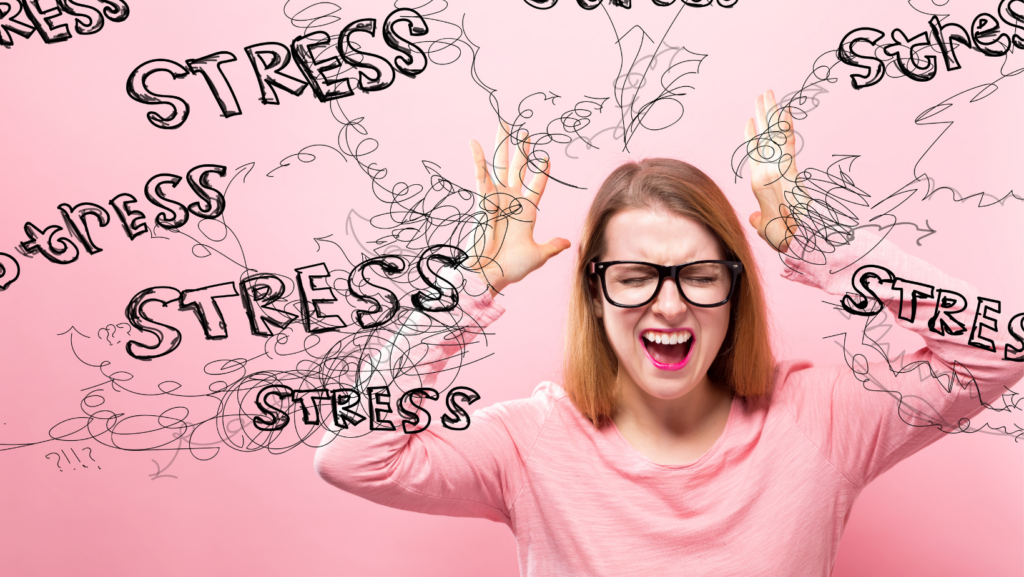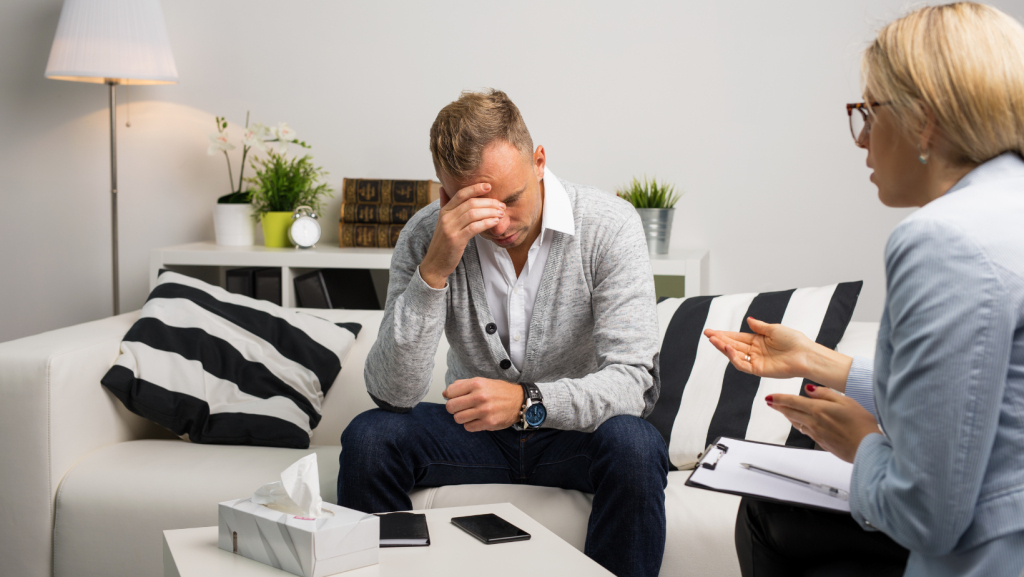“A rose by any other name….” With that poetic entry, Shakespeare’s Juliet gave her audience pause with a gripping, timeless truth: A name can’t change an essence. Call it what you will – a rose will smell as sweet, a lemon taste as tart. And darkness is no less “what it is,” whether you’re talking about nighttime or anxiety and depression. Can you have anxiety and depression without knowing it? Will giving your symptoms a name change how they’re affecting you?
It sounds ridiculously rhetorical, I know. But there’s good reason behind the teaser.
Let’s start with the spoiler:
Yes, you most definitely can have anxiety and depression without knowing it.
And yet, they often go undetected or, worse yet, misdiagnosed.
How can you have anxiety and depression without knowing it, especially if you’re going to your primary care physician and describing your symptoms?
Ironically, therein lies part of the rub.
People with anxiety and depression are far more likely than those without to visit their doctor. Three to five times, as a matter of fact.
But they often do so for symptoms that are “physical,” not psychological.
Why?
Because many of the symptoms of anxiety and depression mimic physical illnesses.
In the case of depression, for example, the “rose by any other name” presents as fatigue, decreased energy, and a lack of motivation.
And a tightly scheduled primary care physician is often more likely to focus on and treat the physical symptoms than their potentially mental root cause. After all, making an accurate diagnosis of depression requires more than a 15-minute, just-the-basics-and-a-prescription time slot.
If a physician can’t put a finger on the problem, what are the chances that you can?
And, if you start following a treatment program for physical symptoms that don’t improve, what becomes your next move? More trips to medical professionals? Self-medicating? Giving up?
The relationship between anxiety and depression.
Anxiety and depression often have a symbiotic, cyclical relationship. More than half of those diagnosed with major depressive disorder also have an anxiety disorder.
Stress fuels the high-energy state of anxiety. The relentless worry and perceived danger inherent in anxiety lead to a sense of failure. Then the low-energy state of depression takes over.
They feed one another with an often confusing overlap of symptoms.
Sometimes anxiety and depression symptoms manifest in subtle ways and are overlooked. They may even be sloughed off as “just stress.”

Sometimes people with anxiety and depression don’t recognize they’re anxious and depressed because they’ve adapted to life as it is. Feeling overwhelmed, sad, or stressed is chalked up to everyday life. “It is what it is” kind of thinking.
Anxiety and depression can manifest in different ways. Common signs to look for include:
- Ongoing feelings of sadness: If you find yourself feeling down most of the time for at least 2 weeks.
- Constant worry or fear: Constant worry or episodes of panic may be a sign of anxiety.
- Physical symptoms: Physical symptoms such as headaches or stomach aches can be signs of anxiety and depression.
- Loss of interest: Losing interest in activities you once enjoyed can be a sign of depression.
- Impaired concentration: Trouble focusing on tasks or remembering information can be a sign of anxiety or depression.
- Difficulty sleeping or getting enough rest.
- Feeling easily agitated.
- Appetite changes, including eating more or less than usual.
- Ongoing feelings of being on edge.
- Rumination.
A major obstacle to seeking help is stigma.
Stigma prevents people from acknowledging anxiety and depression (in themselves and in others).
Stigma creates shame around the idea of treatment, especially when outsiders challenge a person’s anxiety and depression with criteria.
- “You have nothing to be depressed about.”
- “You have it good.”
- “You’re lucky.”
- “Stop worrying so much.”
- “Lighten up.”
- “Let it go.”
- “Look on the bright side.”
The reframe to such a belief is that you may prefer to handle feelings without help. But that doesn’t mean you’re mandated to do so.
Also, where is the “should” rule about handling feelings written?
Lastly, if you could handle the feelings without outside help, perhaps you would. And you will when you’re feeling better.

The suck-it-up approach never works.
Stigma may be subsiding as celebrities open up about their mental health problems.
The pandemic has also left people worldwide willing to seek help for anxiety and depression. And there is more awareness of ways to get help.
Can you have anxiety and depression without knowing it for a long time?
Surprisingly, yes.
Educating yourself and others about the symptoms will help reduce stigma. It will also loosen the stranglehold on seeking help when there is even the suspicion of struggling with these debilitating conditions.
There is no shame in seeking help. Stigma attaches itself to names.
But anxiety and depression “are what they are” and “do what they do,” no matter how the world names them.
Getting help will bring you that much closer to finding relief and improving your well-being.
Whether you’re experiencing symptoms of anxiety, depression, or both, please know that you’re not alone. Pay attention to your feelings so you can identify whether you may have either or both of these conditions.
If you suspect you may have anxiety and/or depression, speak with a mental health professional for an accurate diagnosis and treatment plan. Your primary care physician or insurance company can likely offer referrals.
Text 9-8-8 for crisis support.

If you have anxiety and depression (without knowing it), consider these 7 steps:
- Learn about anxiety and depression. Take a screening. Understanding more about anxiety and depression can help you feel less alone and more in control.
- Seek social support: If you suspect you have anxiety and depression, it’s important to reach out for help. Talk to a trusted friend, family member, or health professional about your feelings.
- Keep a journal: Write down your feelings to help you identify patterns and triggers. Journalling can also help you track your progress. There are lots of different types of journals.
- Practice self-care: Engaging in activities that bring you joy and help you relax can improve your mood. This can include things like exercise, spending time in nature, or engaging in a hobby.
- Seek therapy: Speaking with a mental health professional can provide a safe and supportive environment to work through your feelings. A therapist can also diagnose and treat your symptoms and develop a personalized treatment plan to help you manage better.
- Consider medication: If therapy alone does not effectively treat your symptoms, medication may be recommended. Antidepressants and anti-anxiety medications can help relieve symptoms and improve your quality of life.
- Connect with others: Joining a support group or online community can help you connect with others who understand what you are going through. Sharing your experiences and learning from others can help you feel less isolated and more hopeful.
Determining if you have anxiety and depression can be challenging.
Paying attention to your feelings and emotions, however, can help you identify the possibility and take the necessary steps to seek help.
With the right support, you can find relief and lead a happier, more fulfilling life.


